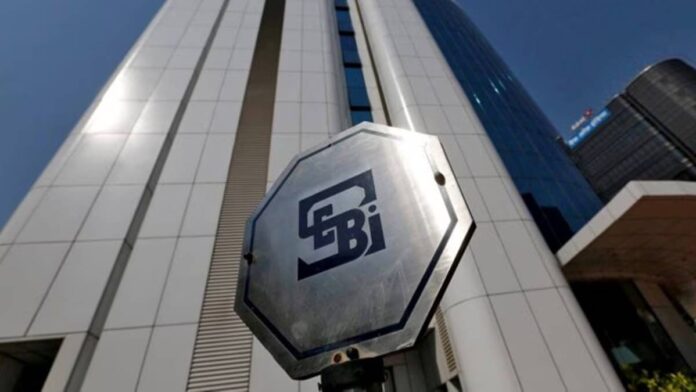The Securities and Exchange Board of India (SEBI) has notified a slew of amendments aimed at easing the listing obligations and disclosure requirements for public companies, effective from December 12.
The amendments include reducing compliance and disclosure timelines for board meetings, tax litigations and disputes, and the appointment of board committees. Additionally, the regulator has introduced a single filing system to enable automatic reporting between exchanges and set a threshold for fines or penalties that companies are required to disclose.
These changes are part of the regulator’s efforts to ease the business environment for listed companies and enhance operational efficiency, based on recommendations from an expert committee chaired by S K Mohanty, a former whole-time member of Sebi.
The regulator has granted an additional 3 hours for disclosing the outcome of board meetings that conclude after trading hours. For tax litigations or disputes involving claims against another company, the disclosure deadline has been extended from 24 hours to 72 hours.
Disclosures regarding fines and penalties below Rs 1 lakh issued by sector regulators or enforcement agencies and below Rs 10 lakh by other authorities will now be disclosed on a quarterly basis instead of within 24 hours, as was previously required.
Sebi has also eased corporate governance rules under the related party transaction (RPT) norms by removing the audit committee approval requirement for remuneration and sitting fees paid to directors, key managerial personnel, and senior management, provided they are not part of the promoter group.
“The members of the audit committee, who are independent directors, may ratify related party transactions within three months from the date of the transaction or in the immediate next meeting of the audit committee, whichever is earlier,” the gazette notification dated December 12 said.
Meanwhile, the requirement to publish detailed financial results in newspapers has been made optional, with companies now allowed to publish a Quick Response (QR) code linking readers to their complete results online. Sebi has also integrated periodic filing for companies to minimise the number of filings.
Further measures to reduce filing burdens include the removal of the 21-day deadline for submitting quarterly compliance reports on corporate governance and investor grievance redressal statements. These changes will come into effect from December 31, while other reforms are already in place.
Sebi has also prescribed a cooling period of five years for the re-appointment of a secretarial auditor after two consecutive terms.
» Read More


